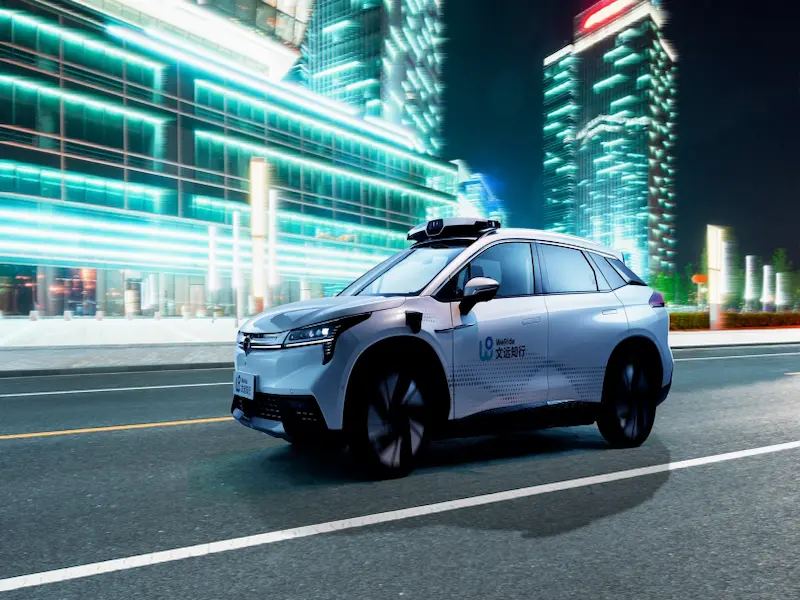- WeRide has received a three-year permit from the CPUC to conduct passenger tests of its autonomous vehicles in California, although it cannot charge fares or operate publicly.
- The company faces regulatory challenges and scrutiny due to its Chinese origins amid rising geopolitical tensions, which could impact its IPO plans.
OUR TAKE
WeRide’s approval for passenger robotaxi testing signals significant progress in the autonomous vehicle sector. However, the unique challenges it faces as a Chinese company, particularly regarding regulatory scrutiny and public acceptance, will be crucial factors in determining its success in both the U.S. market and globally.
–Lily,Yang, BTW reporter
What happened
WeRide, a Chinese autonomous vehicle company, has been granted a three-year permit by the California Public Utilities Commission to test its driverless vehicles for passenger transport in San Jose. Currently, the company operates 12 vehicles but is prohibited from offering rides to the public or charging fares during these tests. As WeRide prepares for a potential IPO valued at $5 billion, it faces challenges related to U.S.-China relations, including proposed bans on Chinese-designed automotive technologies.
Established in 2017, WeRide has previously acquired permits for driverless testing without passengers and operates internationally in locations like Singapore and the United Arab Emirates. Nevertheless, the broader autonomous vehicle landscape in the U.S. is fraught with regulatory hurdles and public scepticism, exemplified by setbacks faced by other major players. WeRide’s ability to navigate these issues will be closely monitored as it seeks to expand its presence in the competitive international market.
Also read: China’s robotaxi raises concerns about job displacement due to AI
Also read: Tesla focuses on robotaxis while facing skepticism from experts
Why it’s important
WeRide’s approval for passenger robotaxis marks a pivotal moment for the autonomous vehicle industry in California, demonstrating the advancement of technology while also highlighting the complexity of geopolitical dynamics. As WeRide’s vehicles are tested, the results will greatly influence the public’s perception and acceptance of autonomous transportation, especially in the United States.
While this development paves the way for technological innovation and service diversification, it also highlights the challenges the company faces in winning consumer trust and navigating a cautious regulatory environment. The company’s Chinese background may raise concerns about regulatory scrutiny amid tensions between the United States and China. As a result, tense international relations can lead to stricter regulation of foreign companies by relevant U.S. agencies.
On the bright side, WeRide’s performance in California sets a precedent for other international players in the U.S. market. Its development also leads other companies in shaping the future deployment of autonomous vehicles. For now, the company’s success or failure will be closely watched by investors and policymakers, especially as it prepares for its expected IPO.

